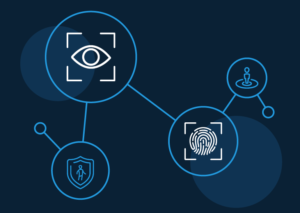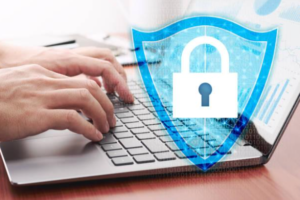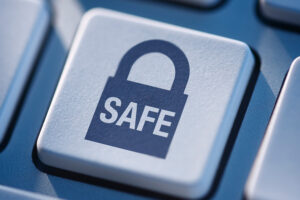In today’s digital age, protecting your online security has become more important than ever. With hackers and cybercriminals constantly looking for ways to steal personal information, it’s essential to take proactive steps to ensure your online safety. Here are some strategies for protecting your digital life:
- Use Strong Passwords
One of the simplest yet most effective ways to protect your digital life is to use strong passwords. A strong password should be at least 12 characters long, with a mix of letters, numbers, and symbols. Avoid using common words or personal information, such as your name or birthdate, and don’t reuse the same password for multiple accounts. Consider using a password manager to generate and store strong passwords securely.
- Enable Two-Factor Authentication
Two-factor authentication provides an extra layer of security by requiring a second form of verification, such as a code sent to your phone, in addition to your password. Many websites and online services now offer two-factor authentication as an option, so be sure to enable it wherever possible.
- Keep Your Software Up-to-Date
Keeping your software up-to-date is essential for protecting your online security. Software updates often include security patches and bug fixes that address vulnerabilities that could be exploited by cybercriminals. Set your software to automatically update, and be sure to keep your operating system, web browser, and other software up-to-date.
- Use Antivirus and Anti-Malware Software
Antivirus and anti-malware software can help to protect your computer and devices from viruses, malware, and other types of malicious software. Be sure to install reputable antivirus and anti-malware software, and keep it up-to-date.
- Be Careful What You Click
Phishing scams, in which cybercriminals try to trick you into revealing personal information, are a common online threat. Be careful what you click, and avoid clicking on links or downloading attachments from emails or websites that you don’t trust. If you’re unsure whether an email or website is legitimate, err on the side of caution and don’t click.
- Secure Your Wi-Fi Network
If you have a wireless network at home or work, be sure to secure it with a strong password. Consider using WPA2 encryption, which is currently the most secure encryption available. Also, avoid using public Wi-Fi networks for sensitive activities, such as online banking or shopping, as these networks may not be secure.
- Back Up Your Data
Backing up your data is important for protecting against data loss in the event of a cyber attack or other disaster. Consider using cloud-based backup services, such as Google Drive or Dropbox, or an external hard drive to back up your important files and documents.
- Use Common Sense
Finally, use common sense when it comes to protecting your online security. Be wary of offers that seem too good to be true, such as emails claiming you’ve won a prize or requests for personal information. Don’t share sensitive information, such as your Social Security number or credit card information, with anyone online. And if you do become a victim of cybercrime, report it to the appropriate authorities as soon as possible.
In conclusion, protecting your digital life is essential in today’s digital age. By using strong passwords, enabling two-factor authentication, keeping your software up-to-date, using antivirus and anti-malware software, being careful what you click, securing your Wi-Fi network, backing up your data, and using common sense, you can help to protect your online security and keep your personal information safe. Remember that online security is an ongoing process, and it’s important to stay vigilant and take proactive steps to protect yourself and your digital life.







Be First to Comment